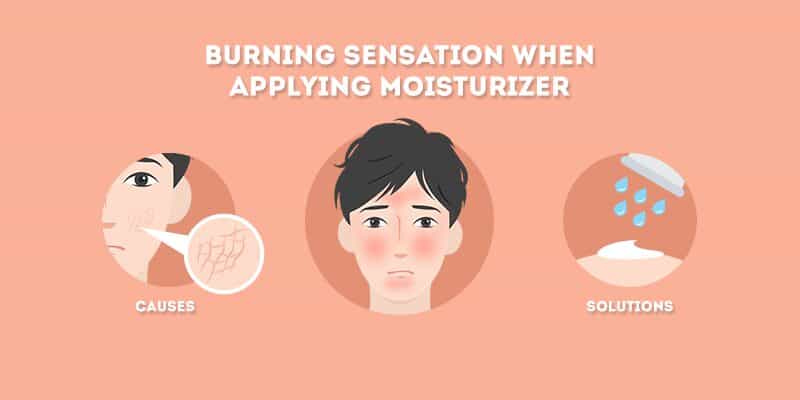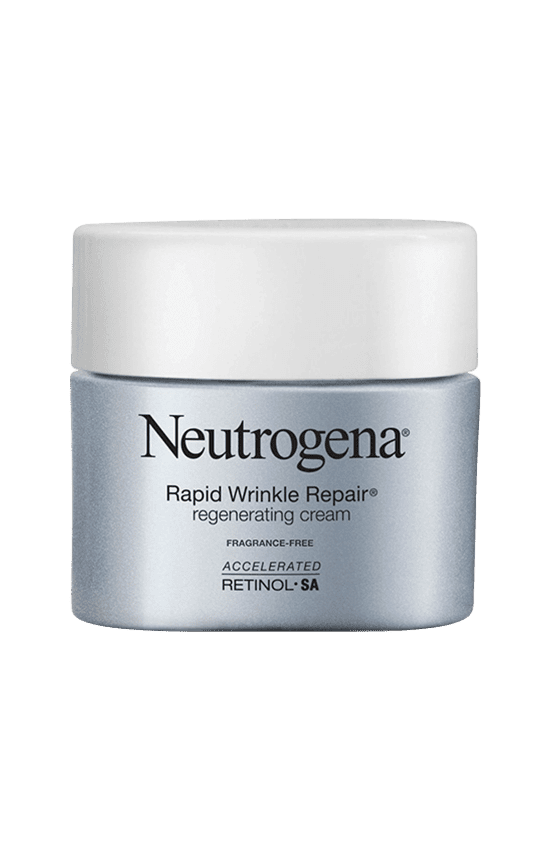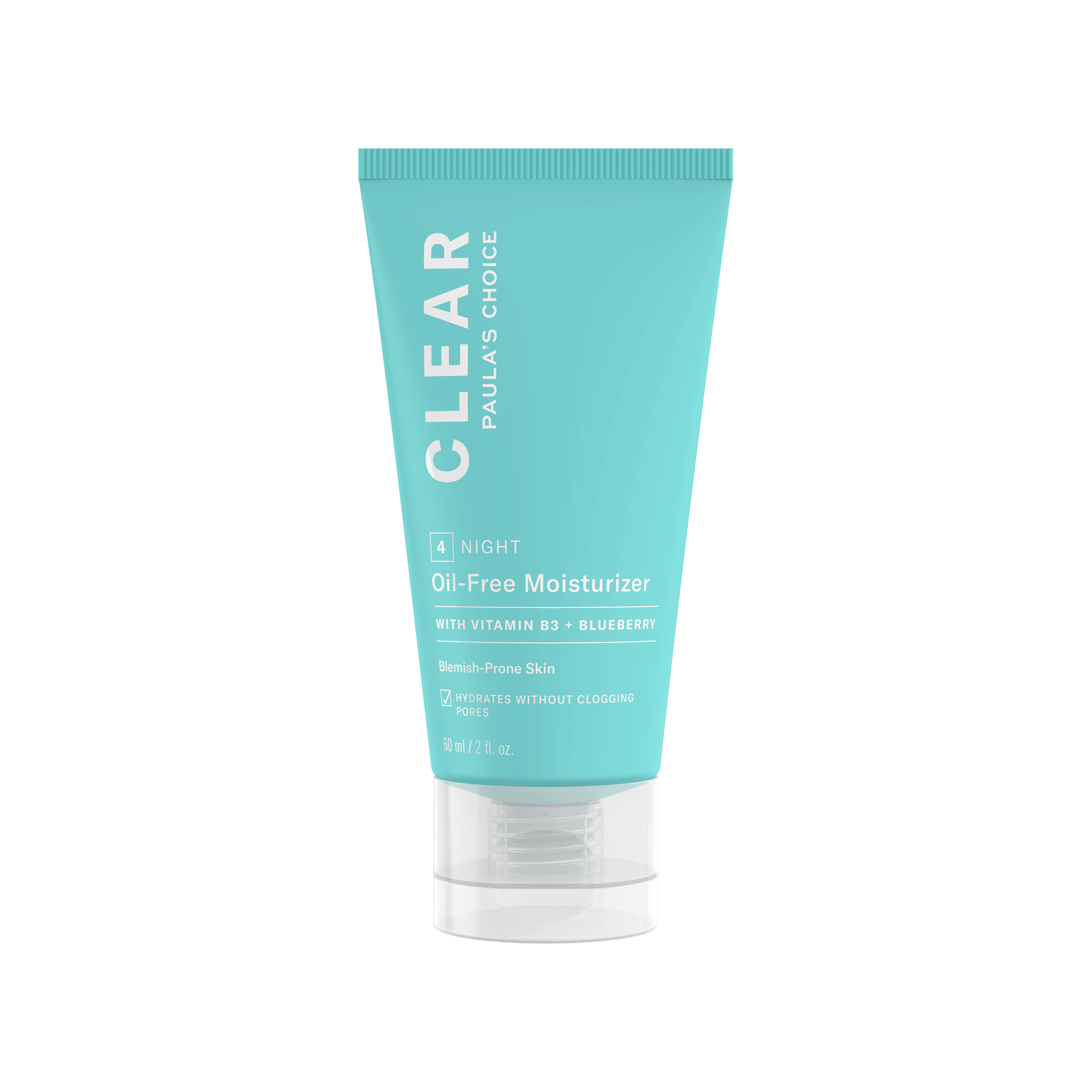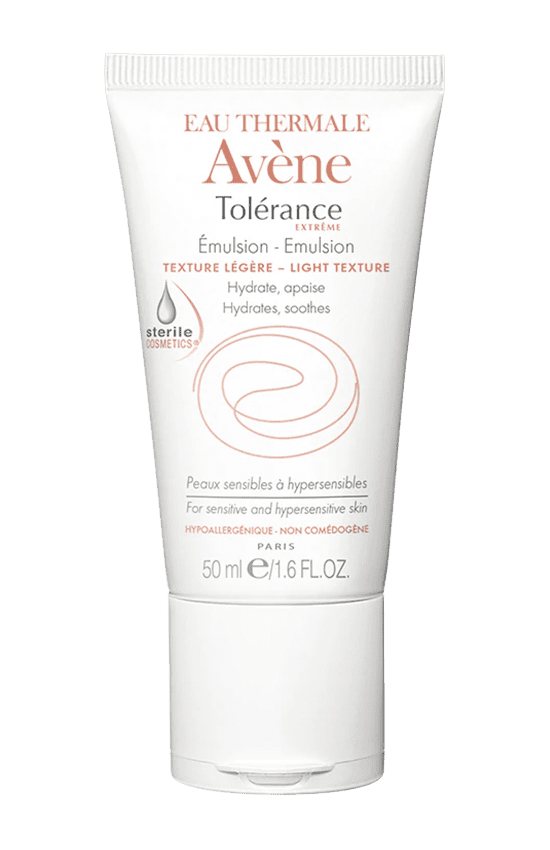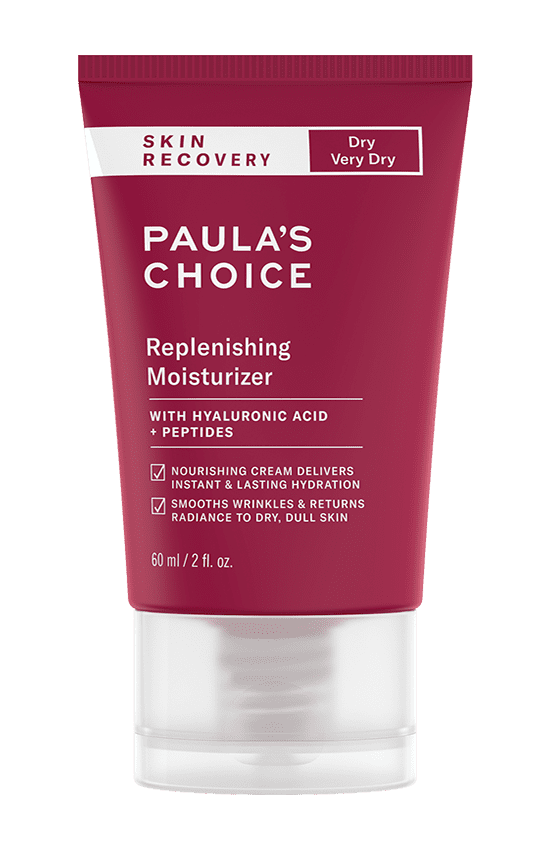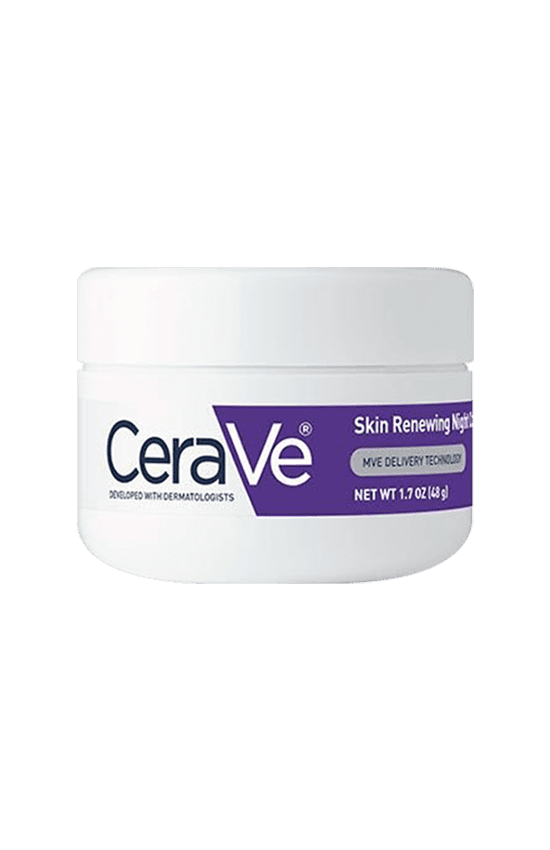Experiencing a skin reaction or irritation can be a frustrating experience, especially if you do not know what is causing the problem. If you notice your skin burning when applying moisturizer, be sure to consider these factors in order to find relief:
What Causes a Burning Sensation When Applying Moisturizer?
1. Irritated or Extremely Dry Skin
If your skin is already irritated or dry, it is no surprise that it may become more bothered when you apply a moisturizer. Do not make the mistake of thinking that a moisturizer may be the quick fix that you are looking for. If you use a moisturizer that is not made for your skin type or underlying skin issues, you run the risk of experiencing a burning sensation. For example, using an oil-absorbing moisturizer when you have dry skin can suck out all of the oil from the skin and exacerbate the dryness.
2. Sensitive Skin
Naturally sensitive skin is also more susceptible to experiencing a burning sensation when applying moisturizer. This is another reason why it is important to use the right moisturizer for your skin's specific needs. Skin that is sensitive requires a moisturizer that does not contain any harsh chemicals.
3. Allergic Reaction
Skin allergies are simply bad luck. If you suffer an allergic reaction to a skincare product, it is not necessarily the fault of the moisturizer. An allergic reaction is a personal response to either a product or a specific ingredient in the product. It is not a reflection of the quality of the moisturizer.
4. Offensive Ingredients
There are some skincare product ingredients that are more likely to cause a burning sensation when applied. Some of the most common offending ingredients include niacinamide, baking soda, and lemon. Because these ingredients are such likely offenders, it is best to just skip them altogether. Fragrances are also one of the most sensitizing ingredients, even when they are natural.
5. Using Abrasive Exfoliants
Sometimes when it comes to skincare, less is more. Using too many exfoliants at the same time or choosing products with abrasive ingredients is overkill and may lead to the burning sensation that you are experiencing. Be sure to introduce new products gradually so that your skin does not become overwhelmed and suffer a reaction.
6. Poorly Formulated Products
Not all reactions are immediate. Sometimes a product that you have been using causes your skin to reach the tipping point and react. This reaction can manifest itself as a burning sensation or a rash. Avoiding products with harsh ingredients or an abundance of chemicals, dyes, and fragrances is a good step in ensuring that what you put on your skin is a quality formulation.
7. Cleansing Brush
Sometimes it is not the product that is causing the irritation, but the method of application. For example, an applicator such as a Clarisonic may irritate the skin if you are using it in an abrasive manner. The stiff bristles in the cleansing brush may lead to micro-cracks in the skin. These cracks make the skin more susceptible to irritation and burning. To isolate what is causing the burning sensation, try applying the product of your choice without the use of a cleansing brush and see if you have better results and a more comfortable experience.
How To Stop Burning Sensation When Applying Moisturizer
1. Immediately Remove the Product
If you experience a burning sensation when applying moisturizer, immediately wash off the product after application. After you have completely removed the product from the surface of the skin, gently pat the skin dry. Do not aggressively rub the skin or you will cause further irritation and burning to the skin.
2. Apply a Cool Compress
When your skin is burning, it is understandable to want quick relief. Applying a cool compress will help to alleviate the immediate pain. You can purchase a cool compress from most pharmacies so that you always have one on hand. In a pinch, you can also make one at home by filling a clean and sealed bag with ice or frozen vegetables. Be sure to wrap the bag in a thin cloth before applying so that you avoid further irritation to the skin.
3. Skip Aloe Vera or Honey
Although aloe vera and honey are well-recognized for their healing properties to the skin, this is not the time to test out their efficacy. Because your skin has just suffered a reaction, you want to let the irritation calm down before applying something different. At this point, your skin needs to rest and breathe without the addition of different products or treatments.
4. Reach for the Colloidal Oatmeal
Skincare experts recognize this ingredient for its calming properties. As it calms the skin, it delivers relief from itchiness. This immediate relief is a result of the antioxidants that it contains. As a bonus, colloidal oatmeal may also reduce redness and inflammation. Eucerin Skin Calming Cream is a good product to try out if you want to use colloidal oatmeal to relieve the burning. This product is free of fragrances and dyes and delivers long-lasting hydration to the skin.
How to Find a Moisturizer That Does Not Burn Your Skin
1. Patch Test the Moisturizer
Before you apply a new product to a large area, you should do a patch test to ensure that you will not suffer a major reaction. Simply apply a dime-sized amount of moisturizer to your skin and monitor it for any adverse effects. After applying the patch test, be sure to wait at least 24 hours to see if any reactions develop.
2. Choose a Fragrance Free Moisturizer
To mitigate potential reactions, be sure to consider moisturizers that are free of dyes and fragrances. Unnecessary dyes and fragrances cause irritation to many skin types.
3. Stick to Well-known Brands
It may be tempting to experiment with the latest trend in skincare. However, sticking with well-known and proven brands such as Cerave or Cetaphil will increase the odds that your skin does not burn after application.
FAQs
Can a moisturizer irritate the skin?
Yes, it is possible for a moisturizer to irritate the skin. If you are sensitive to fragrances, dyes, or other common irritants (particularly if you have sensitive skin), you may have a negative reaction if these ingredients are present in your moisturizer. Additionally, if you have any allergies, or the moisturizer you're using contains ingredients known to cause irritation (like exfoliants or retinoids), the moisturizer may cause irritation.
Can moisturizers make acne worse?
If you have acne-prone skin and are using a moisturizer that contains comedogenic (pore clogging) ingredients, it can contribute to breakouts. Those with acne-prone skin should seek out moisturizers specifically formulated with breakouts in mind to hydrate without causing further blemishes.
How often should I moisturize my face?
Once you've found a suitable moisturizer for your skin, you should moisturize twice a day. This will help keep your skin adequately hydrated, and prevent further irritation.
The Bottom Line
There are multiple factors that can cause a burning sensation when applying moisturizer. In order to determine why your skin is burning, you need to consider all of the possibilities to find the true culprit. Introducing products in a methodical manner and paying close attention to how different treatments react with one another will help you to isolate the issue. The health of your skin should never be put on the backburner.
